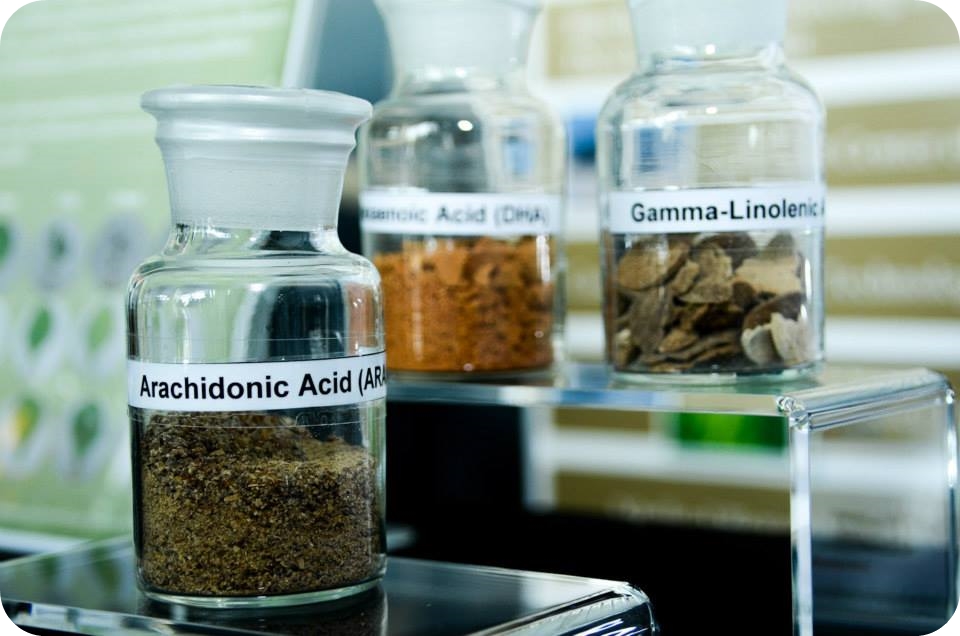A remarkable growth of lipid biotechnology is undoubtedly driven by the increasing demand of lipids for a variety of industrial applications. Particularly, the fatty acids in omega-3 and omega-6 series have beneficial effects on animal and human health by regulating several biological systems, including cardiovascular, respiration, reproduction
and immune systems. Accordingly, they have been integrated to feed, food and nutraceutical products. Oils derived from microorganisms, called Single Cell Oils (SCO), are sustainable alternatives for the nutritionally important fatty acids. Applications of the microbial lipids however are realistically constrained by the production yield and cost.
Recognizing the significance of fatty acids, research team at BIOTEC Fermentation Technology and Biochemical Engineering Laboratory focuses their study on the process development for producing the omega-3 and omega-6 long-chain polyunsaturated fatty acids (LC-PUFA) by oleaginous microorganisms. Two processes, submerged and solid-state fermentations, were developed for the production of omega-6 fatty acid, arachidonic acid (ARA; C20:4w6) from Mortierella sp. The high-cell-density cultivation of thraustochytrids was established by fed-batch fermentation for production of docosahexaenoic acid (DHA; C22:5w3), which is an omega-3 fatty acid.
Each of the developed processes provided specific advantages in various applications depending on the product form. The optimized conditions could be used for the cultivations at larger scale (100-150 liter). These microbial lipids, ARA and DHA, offer a potential solution for a bio-based economy as alternatives to the traditional sources derived from animal feedstock.

